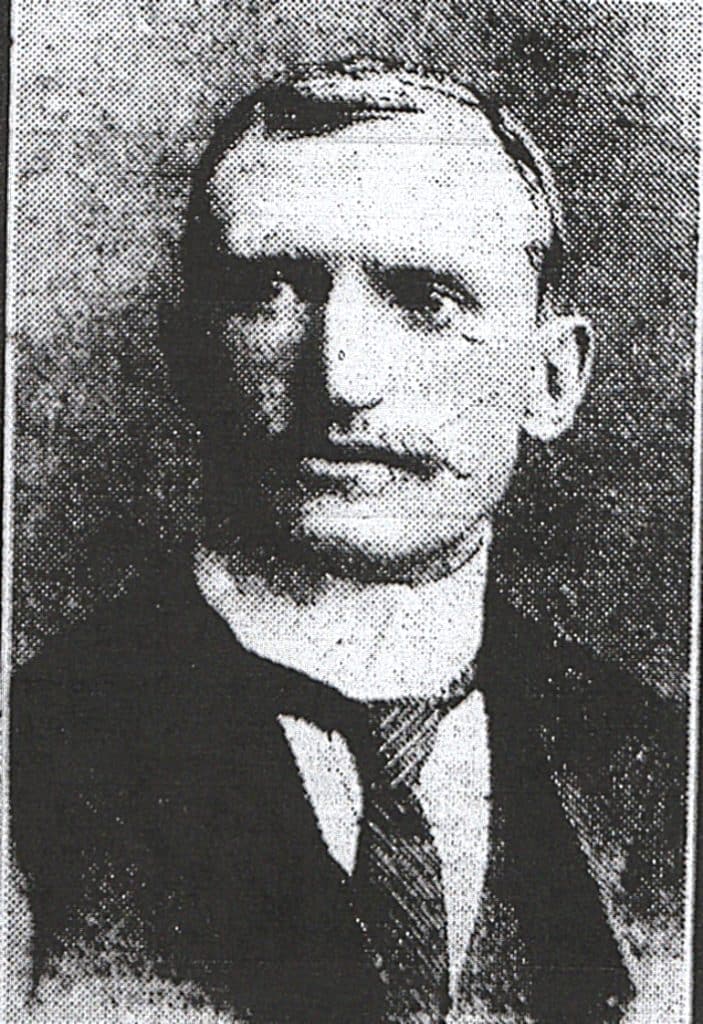
While the spread of COVID-19 hits countries across the world, there is hope the devastating Ebola outbreak in DR Congo is close to being halted – and similar response work will be vital in tackling the Coronavirus.
These are difficult times for everyone. As COVID-19 spreads around the world and the virus crosses borders, there are real concerns, as it reaches countries lacking even the most basic resources to fight this crisis. Niall O’Keeffe, Newmarket native and Trócaire Head of Region for Middle East and Asia, explains.

Poor countries are vulnerable at multiple levels – there may not be a functioning state to warn people how to protect themselves; many do not have the systems to detect the virus; most do not have a functioning health service to respond to a mass outbreak of illness.
Poverty also makes individuals more vulnerable. In my role as Trócaire’s Head of Region for the Middle East and Asia, I have visited communities devastated by conflict.
In places like Syria, Lebanon and Gaza, people are often living together in very crowded camps where the virus could take hold very easily. A staggering 84 per cent of refugees are living in developing countries.
We are told how hand washing is one of the best protections against COVID-19, yet these people don’t have the facilities to wash their hands with soap and water.
There are currently Coronavirus cases in 16 of the countries where Trócaire support people. Trying to contain the spread of the virus in these countries is going to be a mammoth task for our teams in the weeks and months ahead.
Trócaire’s most affected region so far is the Middle East and, ominously, the virus is now present in both Syria and Gaza.
This month, the war in Syria enters its tenth year. The human cost of this war is truly shocking. The first case of COVID-19 was recently detected, which now risks compounding the humanitarian catastrophe.
Almost five million children have been born in Syria in the last decade knowing only war. There is also a common misconception that the war has ended – yet the violence continues. In the last four months alone, almost one million people have been displaced from their homes in North West Syria.
Neighbouring Iran has one of the worst Coronavirus outbreaks in the world, and now a number of cases have been confirmed inside Syria. After nine years of conflict, the country’s health system, which is vital for combating COVID-19, has been decimated.
Neighbouring Lebanon, which hosts over a million refugees from Syria, has already reported hundreds of cases and a number of deaths. The country is entering lockdown. Lebanon is already in the middle of a severe economic crisis and is almost bankrupt.
The virus is also now present in Gaza – one of the most crowded places on earth.
Two million people live in an area roughly half the size of Co Louth. Many of these people live side-by-side in high-density housing and people do not have access to clean water to wash their hands.
Even without the Coronavirus, Gaza exists in a permanent state of humanitarian crisis due to the ongoing Israeli blockade. Around 80 per cent of people are reliant on international aid for survival and the unemployment rate is around 50 per cent. There are few places in the world where people are less equipped to deal with the impending onslaught of COVID-19.
Trócaire is currently preparing immediate COVID-19 responses in seven countries. We have experience combatting disease outbreaks and we can help to tackle this pandemic.
During the Ebola outbreak in West Africa in 2014-15, our teams in Sierra Leone delivered vital services to affected communities, helping to save thousands of lives.
Today, we continue to counter the spread of Ebola in DR Congo, which had its last new case of Ebola a few weeks ago. We are winning the fight against Ebola and we can win this new fight against COVID-19.
What makes COVID-19 different to other response work is that it is not isolated to one region or country and this creates additional challenges in how we respond.
The virus also presents challenges to our work in Ireland. We have cancelled all events planned around our annual Lenten campaign, including school talks, mass talks and exhibitions. This will impact our crucial fundraising, but the most important thing is stopping the spread of this virus and protecting each other.
While face-to-face public outreach activities are cancelled, our Lent appeal continues. People can donate at trocaire.org and can continue to fill their Trócaire boxes with the intention of returning them at some stage in the future.
We know not everyone is in a position to support our work right now, but, if you can, please consider supporting Trócaire’s Lent appeal. Your support means we can provide hygiene kits, testing kits, information campaigns and other support to communities affected by COVID-19.


